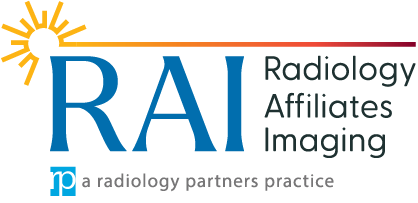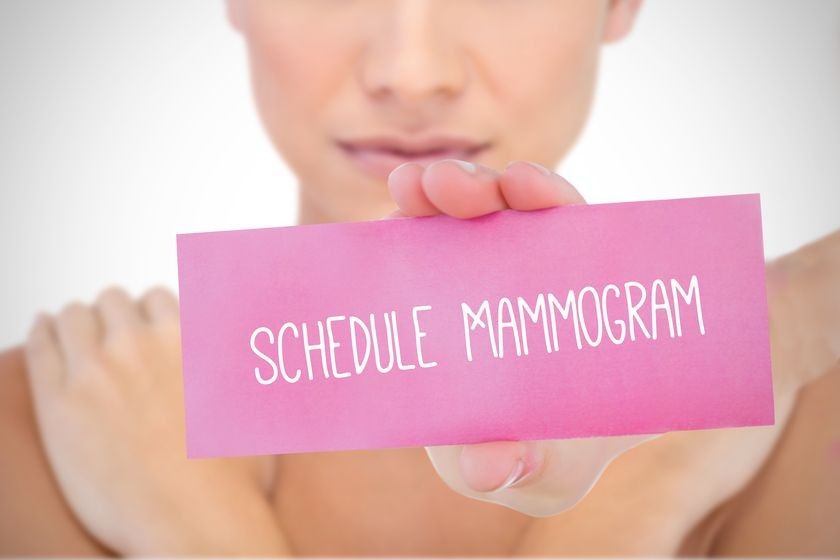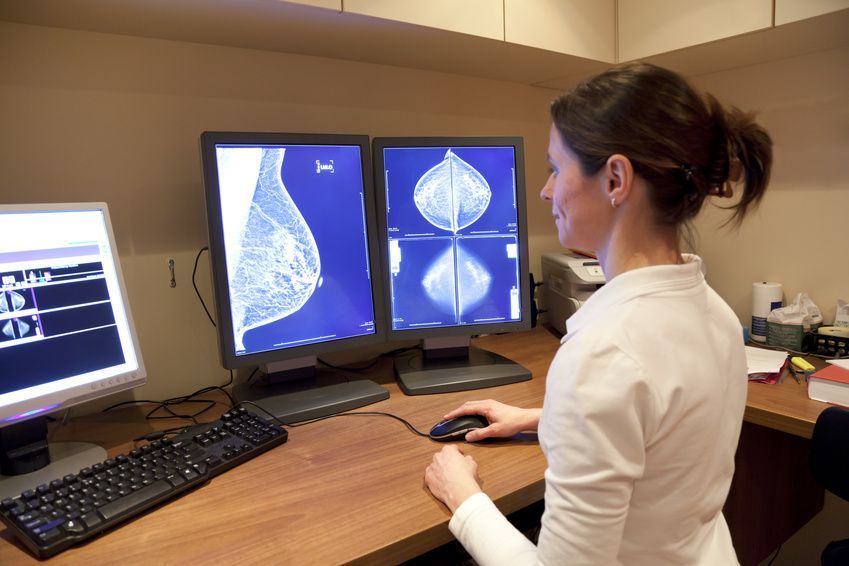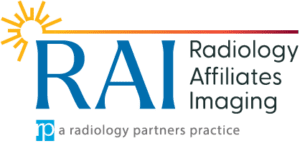

Do You Drink Alcohol? You Could Be Putting Yourself at Serious Risk for Breast Cancer

Diagnostic imaging tools like MRI scans and 3D mammograms can reveal breast cancer, but they can’t tell you how or why that cancer developed. Now, a new study sheds light on one major possible source of invasive breast cancer: alcohol.
The connection between alcohol consumption and cancer was officially declared a threat by the World Health Organization (WHO) in 1987. At the time, they stated that certain cancers were “causally related to the consumption of alcoholic beverages.” Since then, a number of studies have provided further evidence to support the link between alcohol consumption and breast cancer, specifically.
But in a world where social drinking is everywhere, how much alcohol does it take to increase your breast cancer risk? Should you worry about that glass of wine with dinner, or should recovering alcoholics be concerned?
A new study conducted on this topic by Dr. Kevin D. Shield from the International Agency for Research on Cancer was recently published in the journal Alcoholism: Clinical and Experimental Research. The study addressed the long-standing debate regarding the level of alcohol consumption required to raise the risk of breast cancer in a person.
The findings revealed that even light drinkers are at a greater risk for breast cancer than those who do not drink, though the greater the levels of consumption, the higher the risk for breast cancer.
All levels of evidence showed a risk relationship between alcohol consumption and the risk of breast cancer, even at low levels of consumption. Due to this strong relationship, and to the amount of alcohol consumed globally, the incidence of and mortality from alcohol-attributable breast cancer is large.
– Dr. Kevin D. Shield
About one in eight U.S. women will develop invasive breast cancer over the course of her lifetime. Dr. Shield and his research team estimated that as many as 144,000 breast cancer cases and 38,000 related deaths in 2012 were caused by alcohol use. In 2015, an estimated 231,840 new cases of invasive breast cancer were expected to be diagnosed in women and about 2,350 in men in the United States.
How many new cases of invasive breast cancer can be attributed to alcohol consumption?
We can’t provide an exact answer, but we can say for certain that early detection is the best way to combat breast cancer. Diagnostic imaging and radiology centers are using MRI scans and 3D mammography tomosynthesis, also known as 3D mammograms, to screen for and diagnose breast cancer in its early stages. This revolutionary new imaging tool uses an x-ray arm to sweep over the breast, capturing multiple images in mere seconds. The images are displayed as a series of slices that can be viewed and analyzed by radiologists.
To lower your risk, health professionals recommend limiting your alcohol consumption and asking your doctor about 3D mammograms.
Sources





